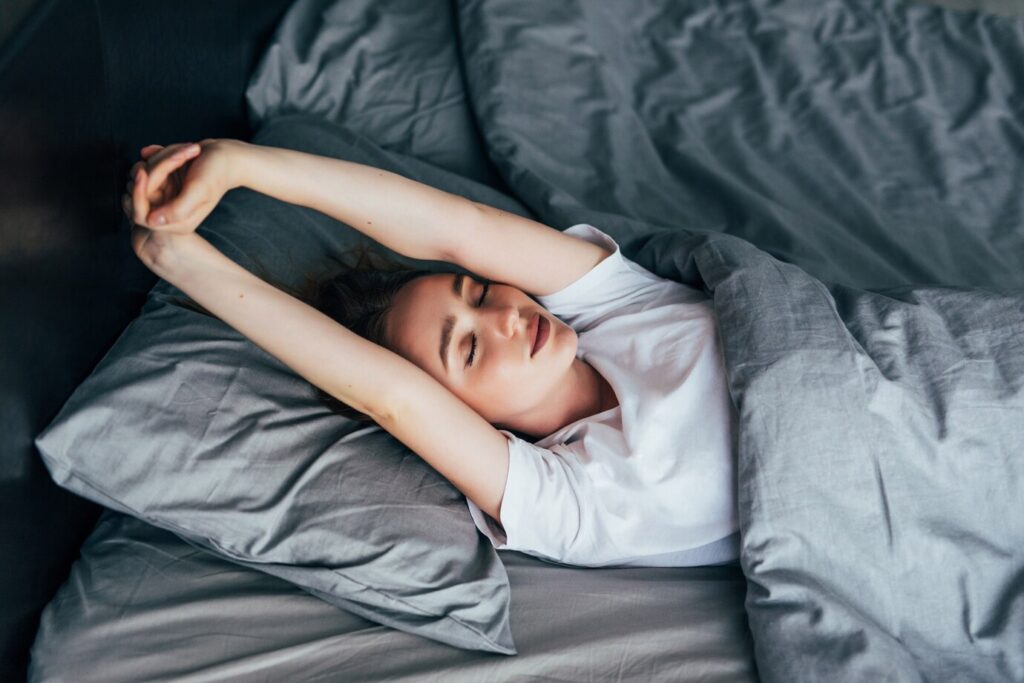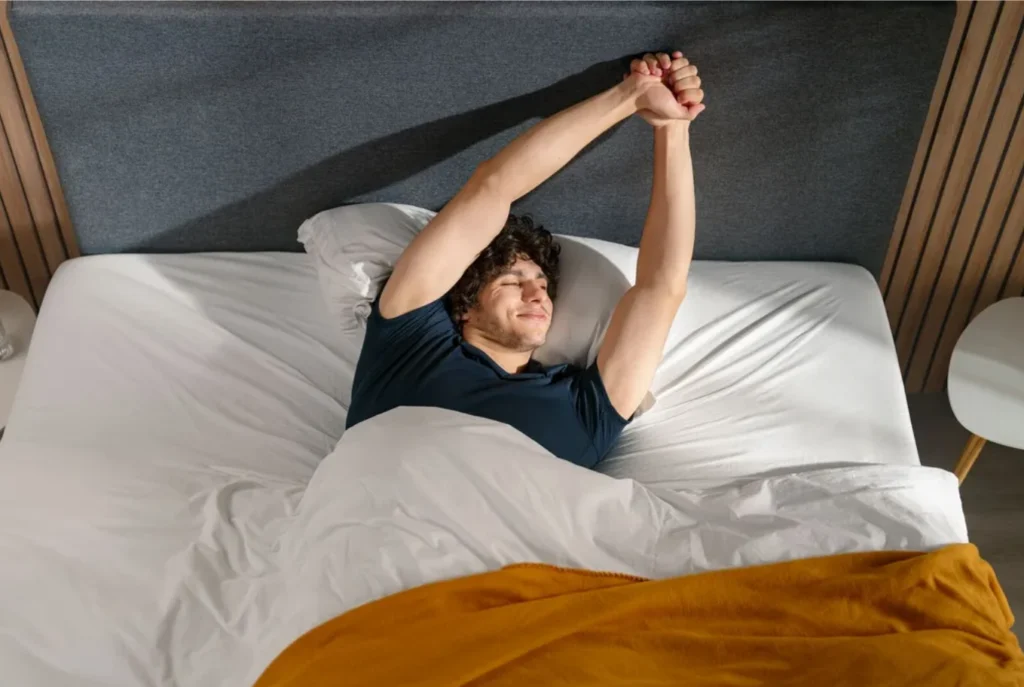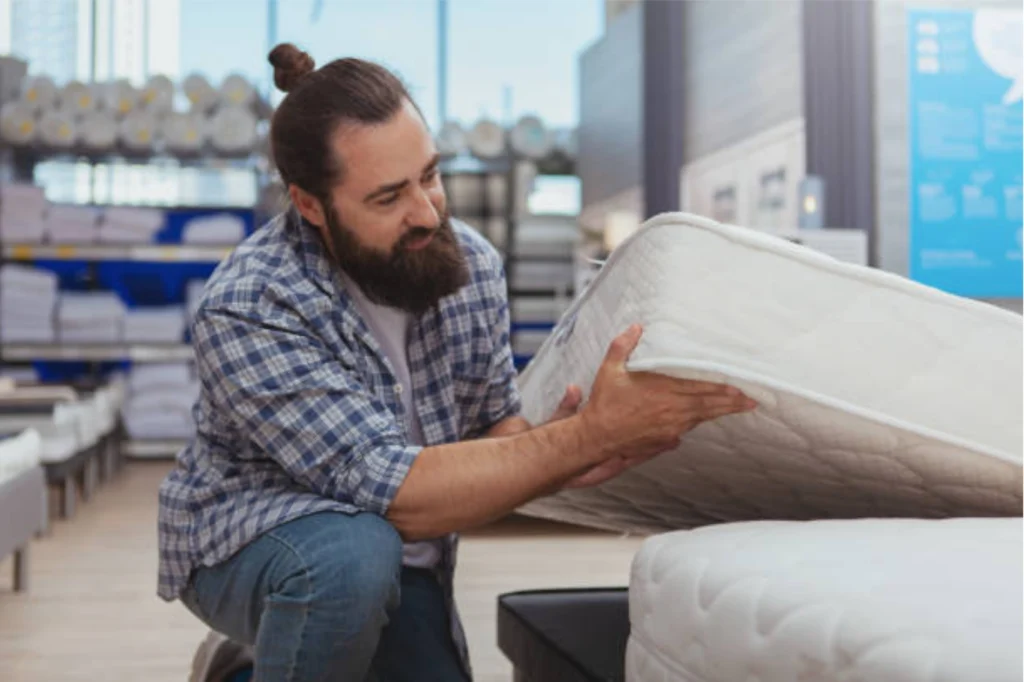Getting quality sleep is essential for everyone, but it can be especially important—and sometimes more challenging—for women. Research shows that women not only tend to need more sleep than men, but they’re also about 40% more likely to struggle with insomnia. Even without a formal sleep disorder, many women find it harder to fall asleep, stay asleep, or feel well-rested during the day.
The good news? Practicing healthy sleep habits can help improve sleep quality, no matter your age or stage of life.
1. Create a Restful Sleep Environment
Women tend to be more sensitive to nighttime noise, which can make it harder to stay asleep. If sounds are waking you up, try using earplugs or a white noise machine to block out disruptions. A calm, quiet bedroom goes a long way in supporting uninterrupted sleep.
2. Keep It Cool at Night
A cooler bedroom can be especially beneficial during times of hormonal change—like before your period, during pregnancy, or through menopause. Hot flashes and night sweats are common disruptors, but adjusting the thermostat, using breathable bedding, and wearing lightweight pajamas can help you stay comfortable and asleep longer.
3. Be Mindful During Hormonal Shifts
Hormonal changes don’t just cause temperature changes—they can also increase restlessness and nighttime awakenings. Staying consistent with your sleep routine, practicing relaxation techniques, avoiding late naps, and using tools like eye masks can support better rest during these times.
Keep in mind that issues like nausea, heartburn, frequent urination, and pain can also affect sleep during pregnancy. Similarly, PMS and PMDD can cause poor sleep the week before your period.
4. Stay Active (But Not Too Late)
Regular exercise has been linked to better sleep, especially in women. Studies show that women who are more physically active tend to fall asleep more easily and stay asleep longer. High-intensity aerobic workouts may be especially helpful, but it’s best to avoid exercising too close to bedtime, as it can be overly stimulating.
If you’re going through menopause, pay attention to how exercise affects your body temperature—it may or may not help with hot flashes.
5. Watch Out for Sleep Disruptors
Caffeine, alcohol, and nicotine are all known to interfere with sleep. Limiting or avoiding them in the evening can make a big difference—particularly if you’re dealing with hormone-related sleep disturbances like hot flashes or anxiety.
6. Consider Your Partner’s Impact
Sometimes, it’s not you—it’s your partner. Many women have their sleep disrupted by a snoring or restless bedmate. Men are more likely to have conditions like sleep apnea, which causes loud snoring, gasping, or choking sounds during the night. If your partner’s sleep habits are affecting yours, it may be worth encouraging them to get evaluated for sleep apnea.
7. Balance Caregiving Responsibilities
Women often carry a greater share of caregiving duties—whether for children, aging parents, or ill family members. This extra emotional and physical load can shorten sleep time and lead to more frequent waking. Sharing responsibilities more equally with a partner and setting boundaries around sleep can help protect your rest.
8. When to See a Doctor
If you’ve tried improving your sleep habits and still struggle to rest well, it might be time to talk to a medical professional. Women are more likely to experience health conditions linked to sleep difficulties, including anxiety, depression, fibromyalgia, and restless legs syndrome.
It’s also important to note that sleep apnea in women can be underdiagnosed, especially since their symptoms often differ from men’s. After menopause, the risk of sleep apnea increases—so if you’re struggling with poor sleep, don’t hesitate to bring it up with your doctor.



